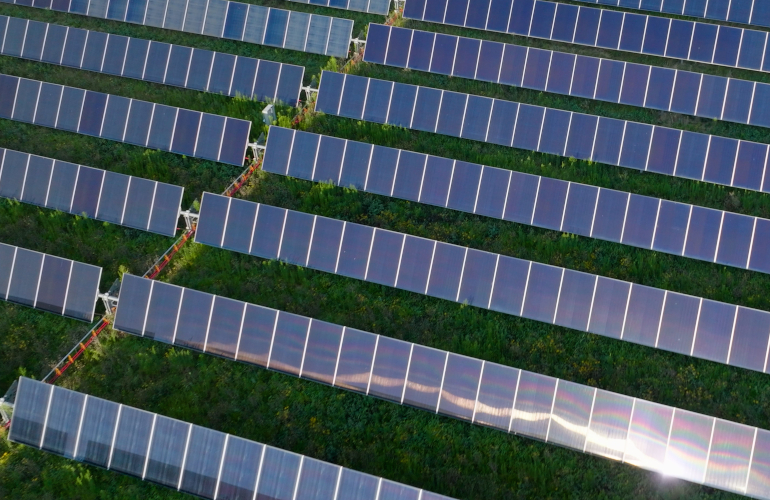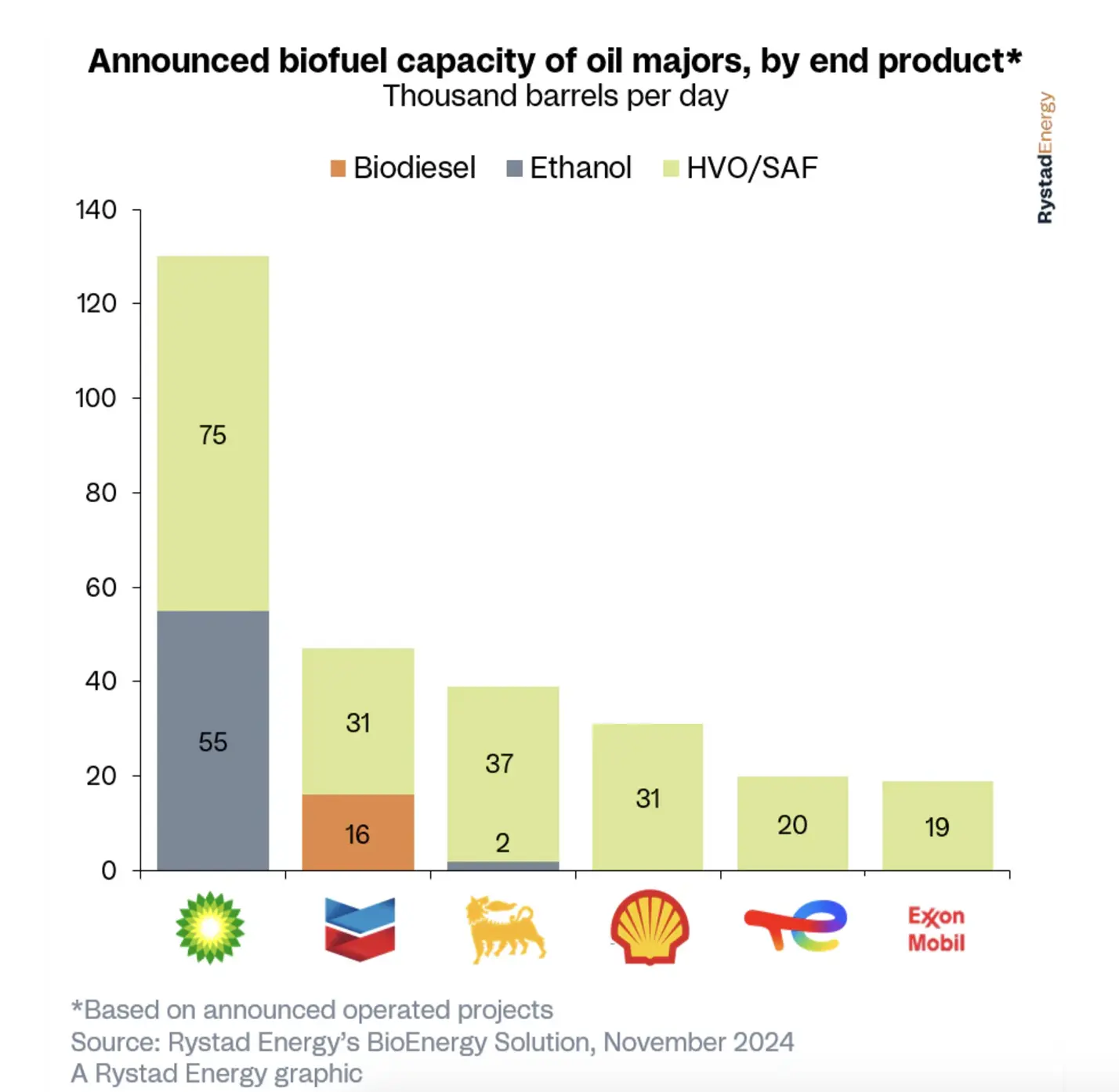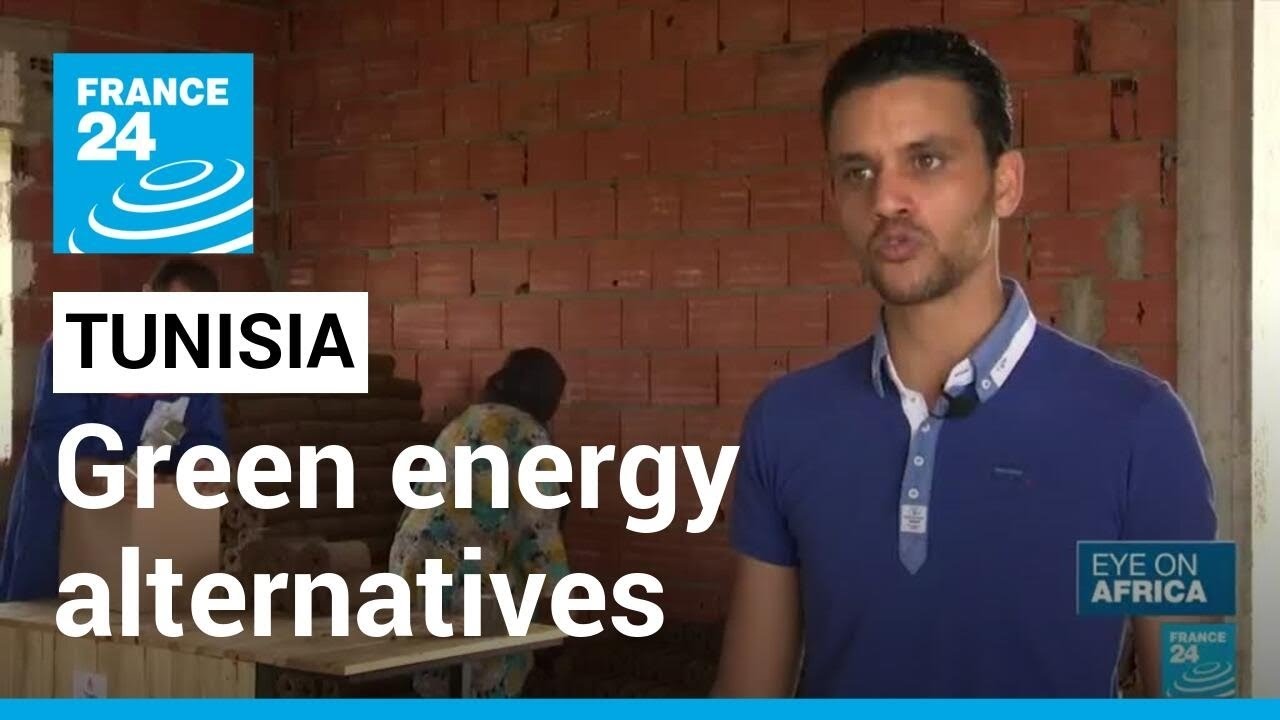
The SUN DAY Campaign reviewed federal government-issued reports from December and found that solar is the fastest-growing electrical generation source within the United States.
In FERC’s “Energy Infrastructure Update,” solar contributed 10,937 MW of new domestic generating capacity in 2023 (through October) or 42.1% of the country’s total. [Natural gas: 9,794 MW/37.7%; wind: 3,748 MW/14.4%; hydropower: 228 MW; nuclear: 1,100 MW; oil: 54 MW; geothermal: 44 MW; biomass: 32 MW; waste heat: 31 MW]
According to FERC, solar’s share of total installed U.S. generating capacity has now reached 7.3%. Although it still trails wind’s capacity (11.6%), solar is closing in on hydropower (7.9%).
In the EIA’s “Electric Power Monthly,” which also had data through October 2023, it was revealed that electrical generation by the mix of all renewables accounted for 22.8% of U.S. electrical generation. Solar (including residential rooftop) grew by 14.7% compared to last year — more than any other energy source.
From January to October, solar combined with wind accounted for 15.6% of the nation’s electrical generation — up from 14.9% for the same period a year earlier. For the ten-month period, solar plus wind nearly equaled coal’s share (15.9%) as electrical generation by the latter plummeted by 19.1%.
Unfortunately, while new solar is being installed, more fossil fuels are being used for electricity. EIA’s latest “Monthly Energy Review” showed that solar’s share of total energy production during the first three-quarters of 2023 was just 0.9%. Wind’s share was 1.4%. Combined, solar plus wind contributed only 2.3% of the nation’s energy production. Compared to the previous year, renewable energy production was up marginally — by less than 0.6%. In contrast, fossil fuel production was up by 4.8% and accounted for 83.8% of all domestic energy production. Nuclear power generation increased by 0.2%
“As the fastest growing source of electricity, solar is leading the nation’s transition away from nuclear power and fossil fuels,” noted the SUN DAY Campaign’s executive director Ken Bossong. “However, their relatively small share of the nation’s total energy production and consumption underscores how much more solar, wind and other renewable energy sources still need to grow to dramatically reduce greenhouse gas emissions.”
News item from SUN DAY








